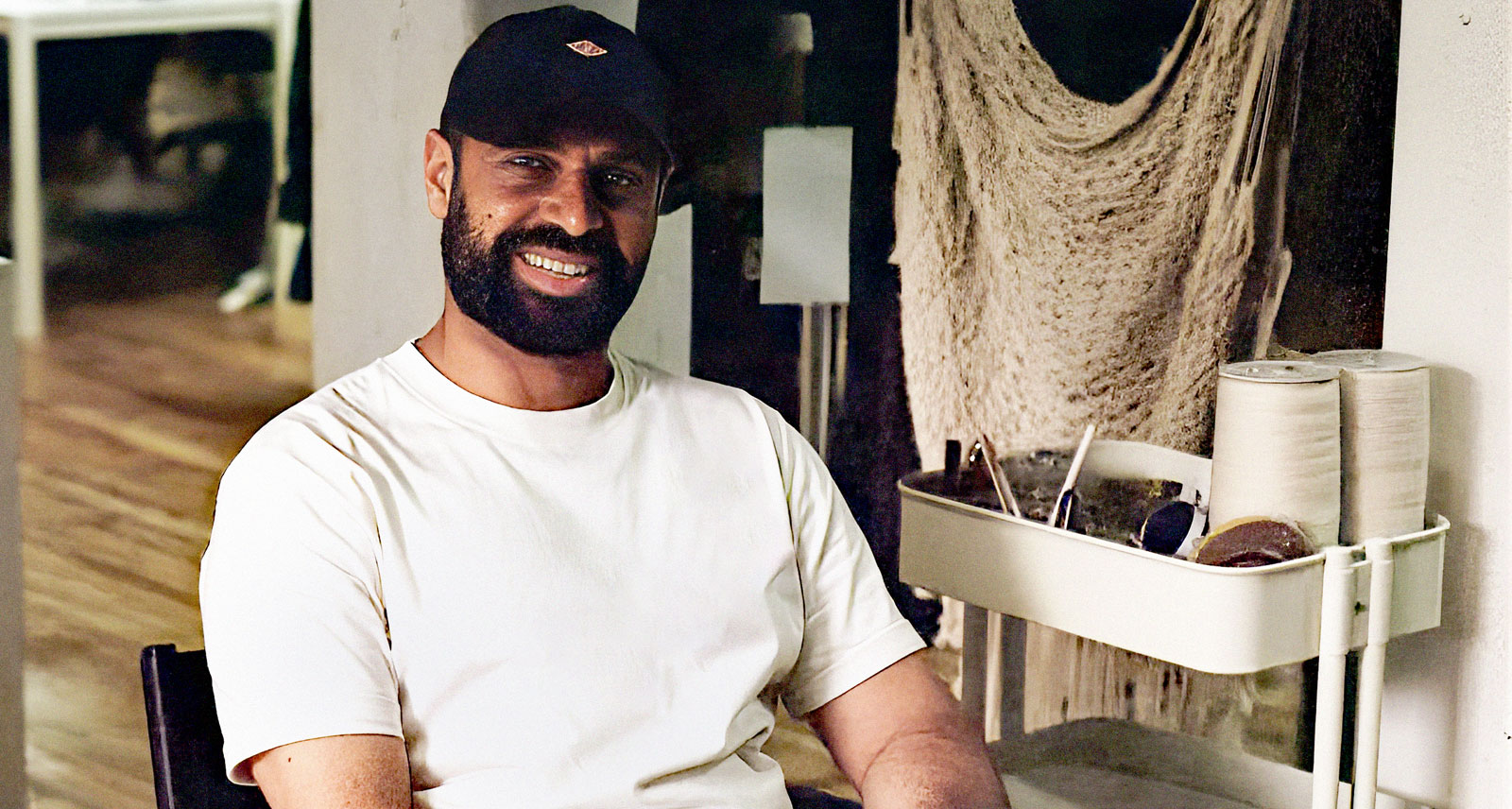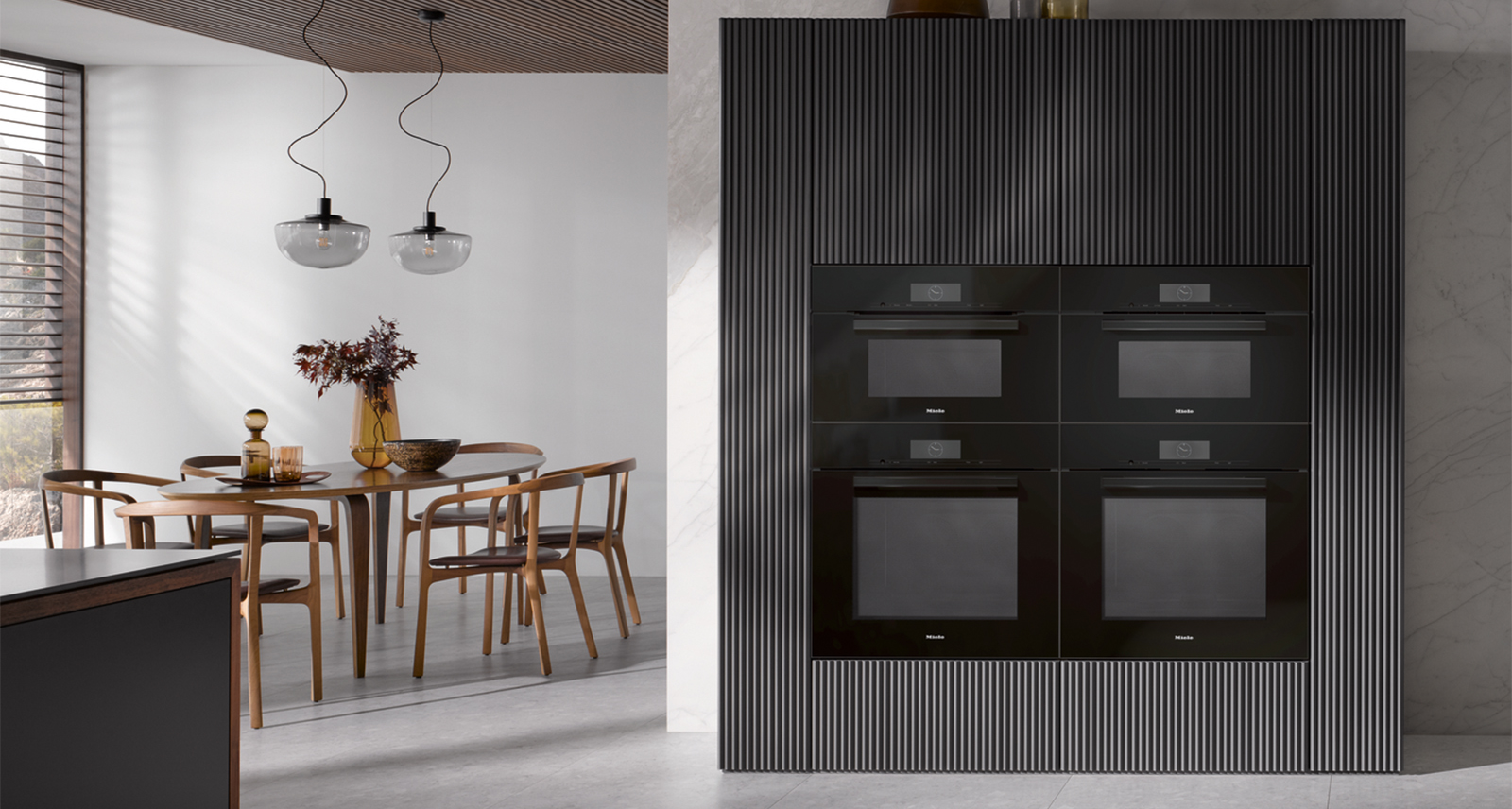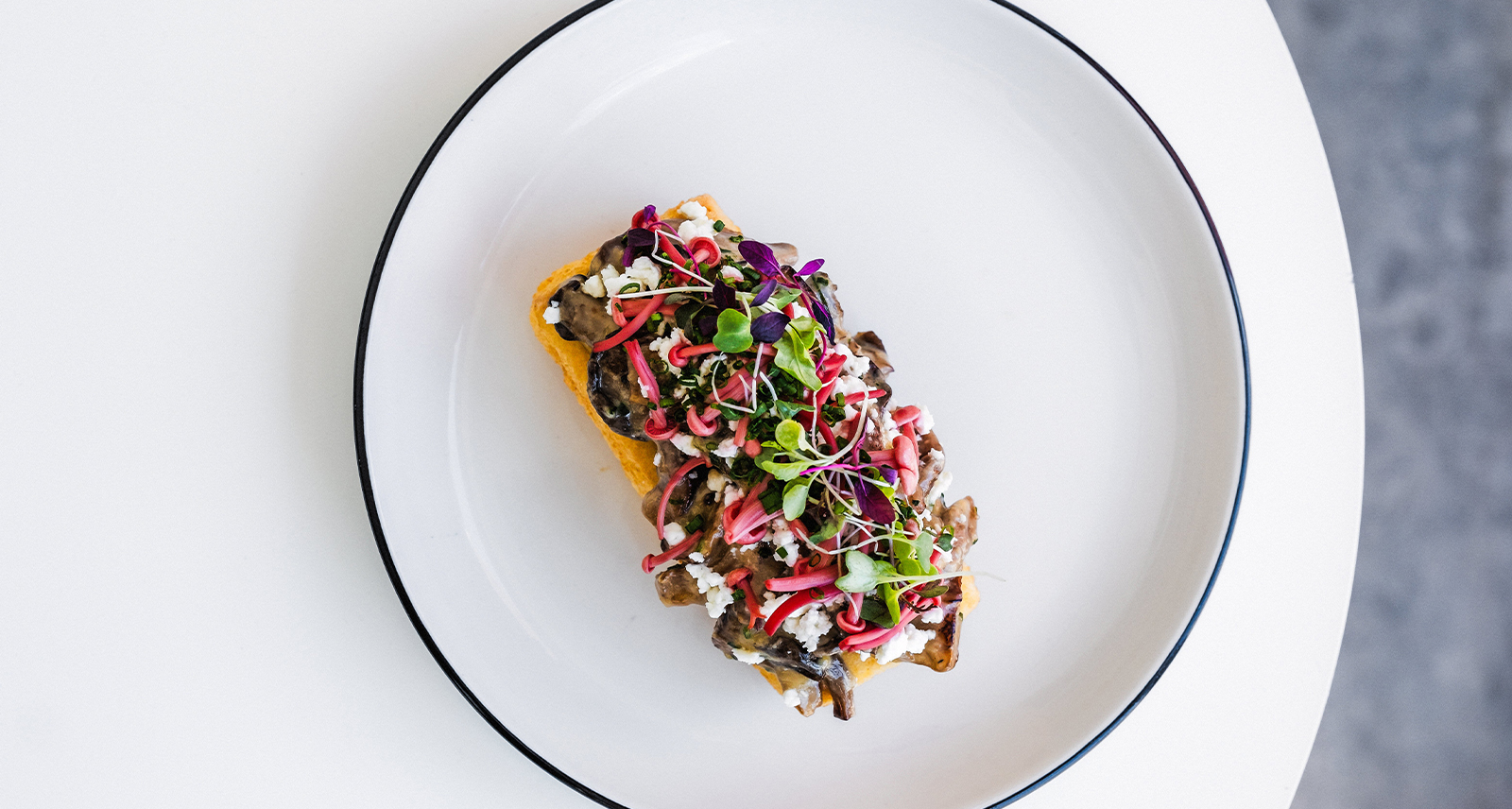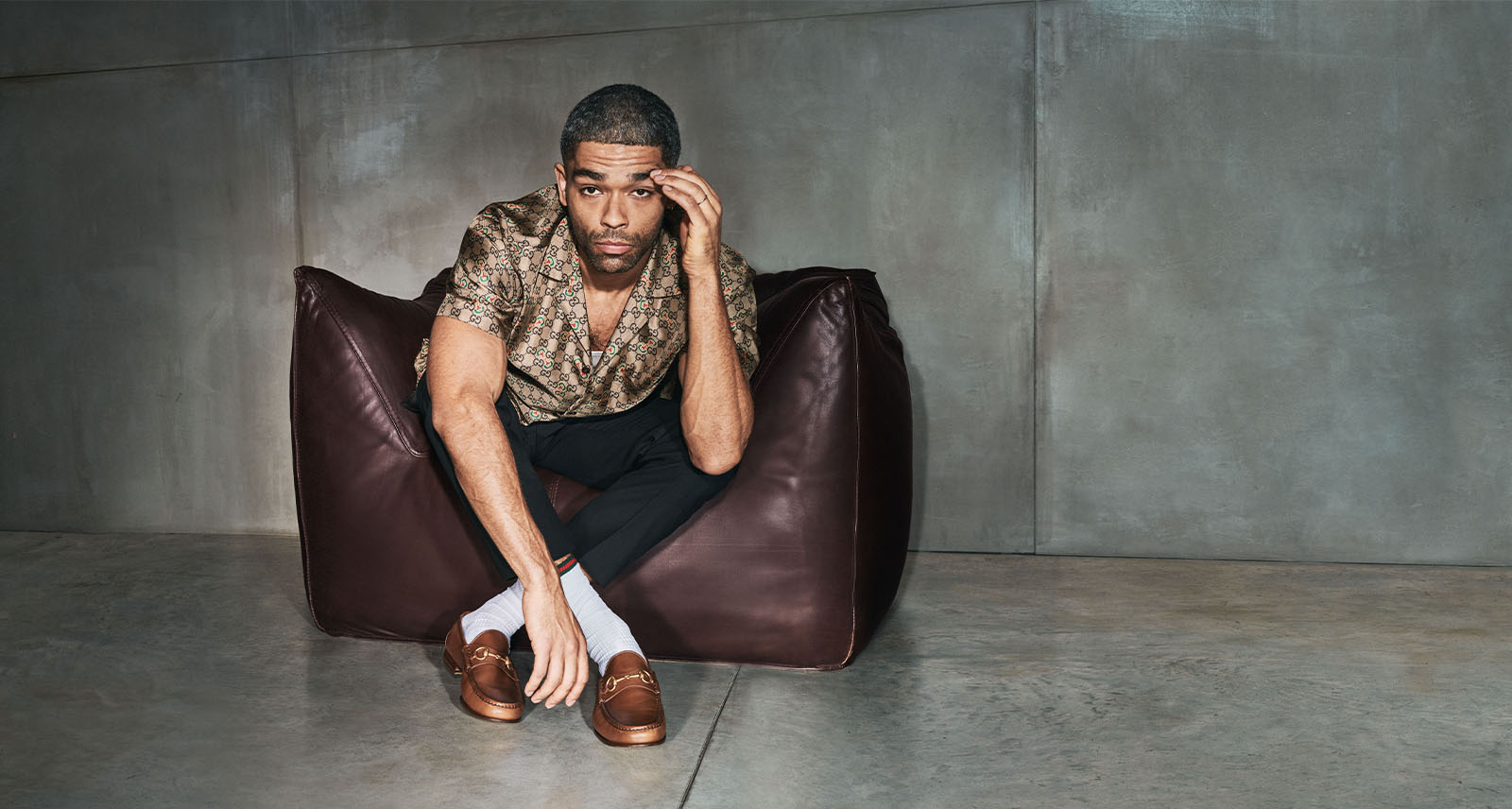Mission and Purpose
Range Rover & SHARP
Rami Helali conducts business with purpose, on purpose. He’s the CEO and co-founder of KOTN, a slow fashion clothing and home décor company that uses sustainably sourced materials from Egypt. And while “sustainability” might be synonymous with “marketing ploy” for some companies, this is decidedly not the case for KOTN.
“The inputs we control as a company turn into outputs in the world,” says Helali. “We try to understand how our actions today can create lasting change for future generations, and what impact we’ll have on the environment and communities 50 years from now.”
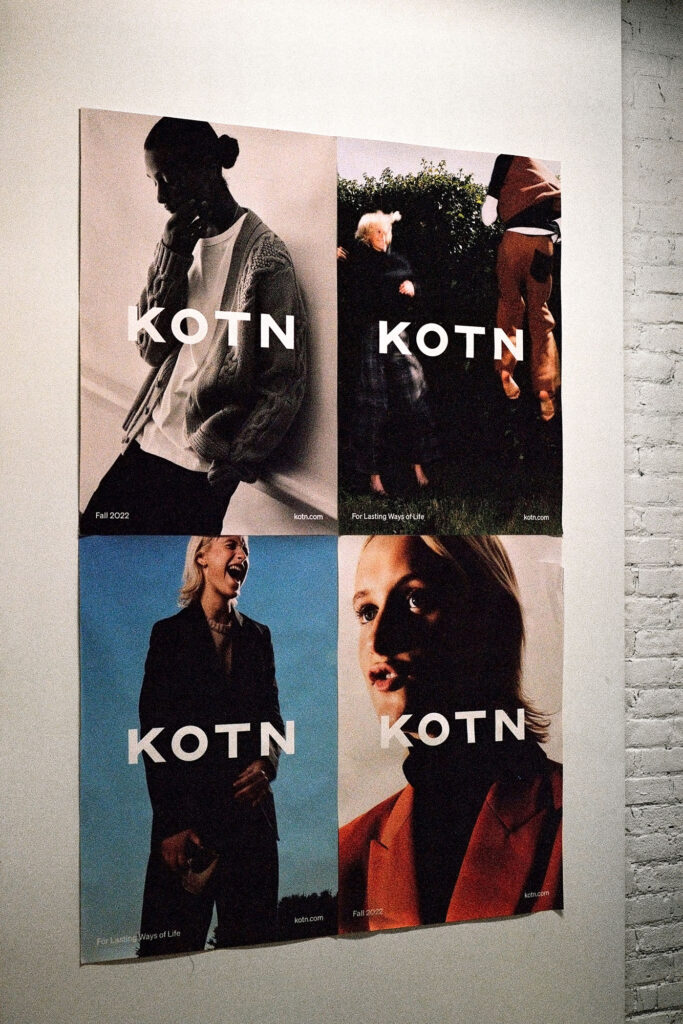

Helali considers taking care of future generations a top priority, which is evident in one of the company’s main endeavours: building schools in Egypt. But this initiative isn’t random; in fact, it’s a culmination of Helali’s obsession with purpose, combined with this intensely curious nature. In 2014, armed with childhood dreams of growing up to be an entrepreneur, he aimed to create the perfect t-shirt – alongside friends and husband-and-wife team Benjamin Sehl and Mackenzie Yeates. (Who Helali introduced, by the way – KOTN’s a real family affair.)
There was just one problem: Helali knew next to nothing about the fashion industry. So he did what anyone would do: He quit his job, hopped on a plane to Egypt (the region is part of his heritage, plus, he knew Egyptian cotton had a reputation for being high quality, so…), and hoped a nice family would take him in and teach him about cotton production. Spoiler alert: they did, and the experience spearheaded how KOTN would conduct business going forward.
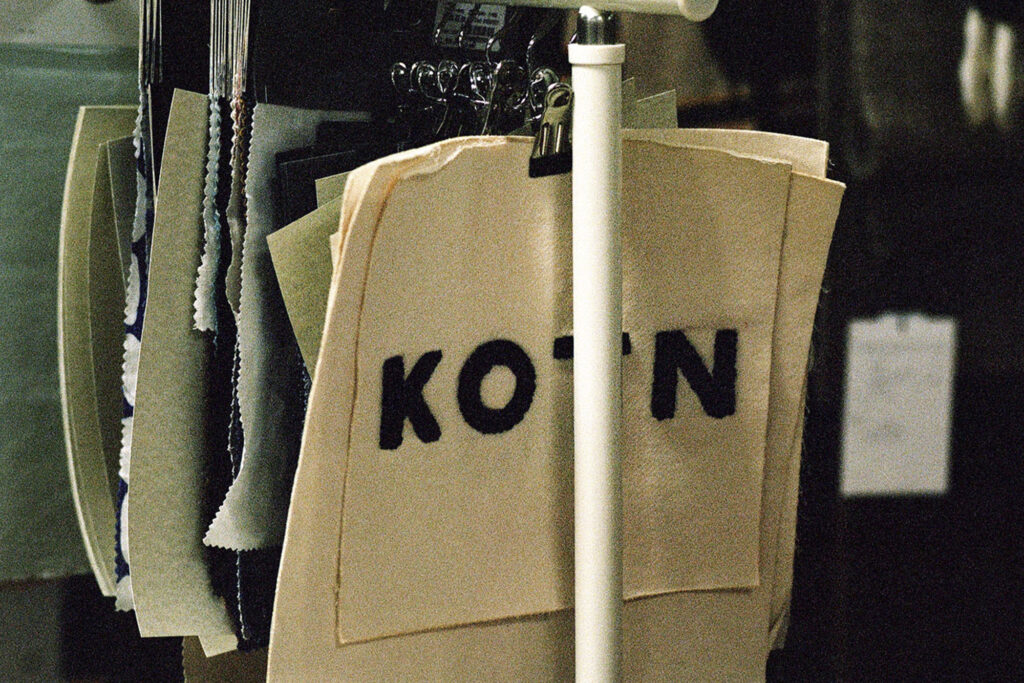
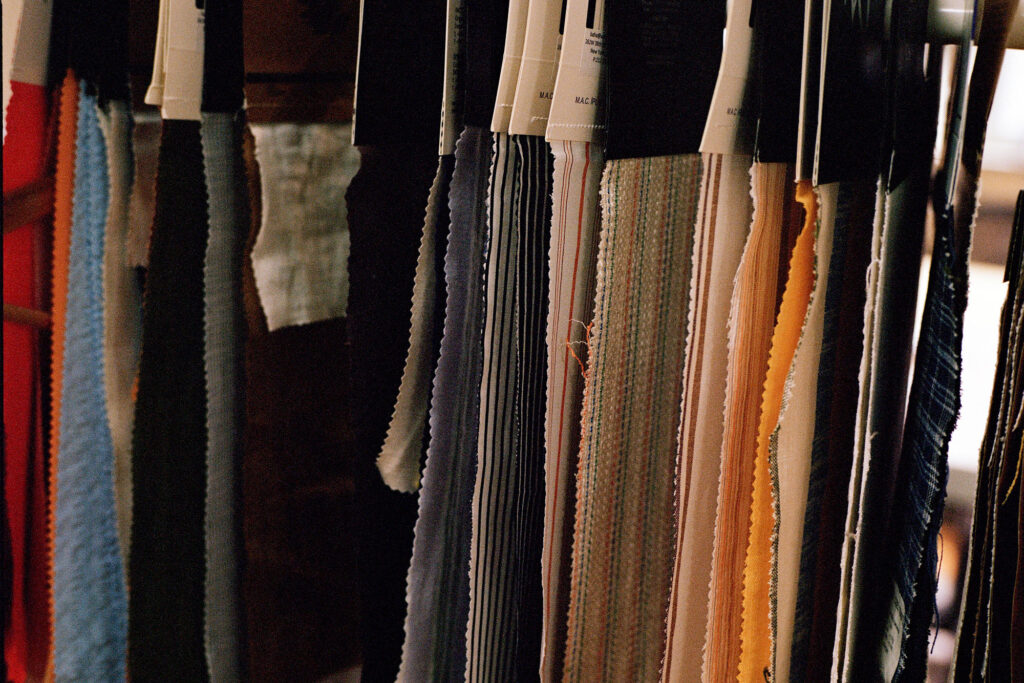
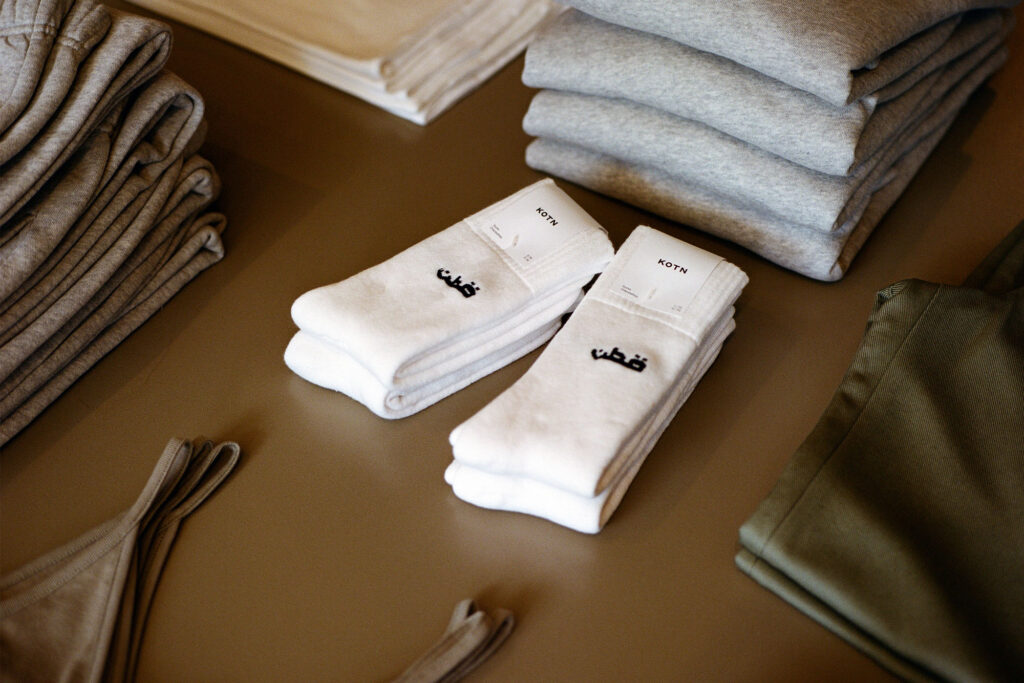
Passion is definitely something on Helali’s list of must-haves in his career. “I’m a person who’s fortunate to do something I really love and care about,” he says. “So it naturally comes with an immense amount of effort and excitement. I want my work to be something that’s really challenging, but something that I wake up excited to chip away at most days.”
It’s in Helali’s nature to be humble and remain curious. “I ask a lot of questions,” he says. “I genuinely want to know.” And it turned out that his Egyptian tour educated him in more than just cotton production. While he was there, he lived on farms and spent time with local families, cultivating a deep understanding of the community and its challenges. Education was a missing piece, and he knew that to help these communities in the future, school facilities would benefit them greatly. So, since them, KOTN has made it its mission to help fund educational facility construction in the region, and continues to partner with Egyptian farmers for its production practices.
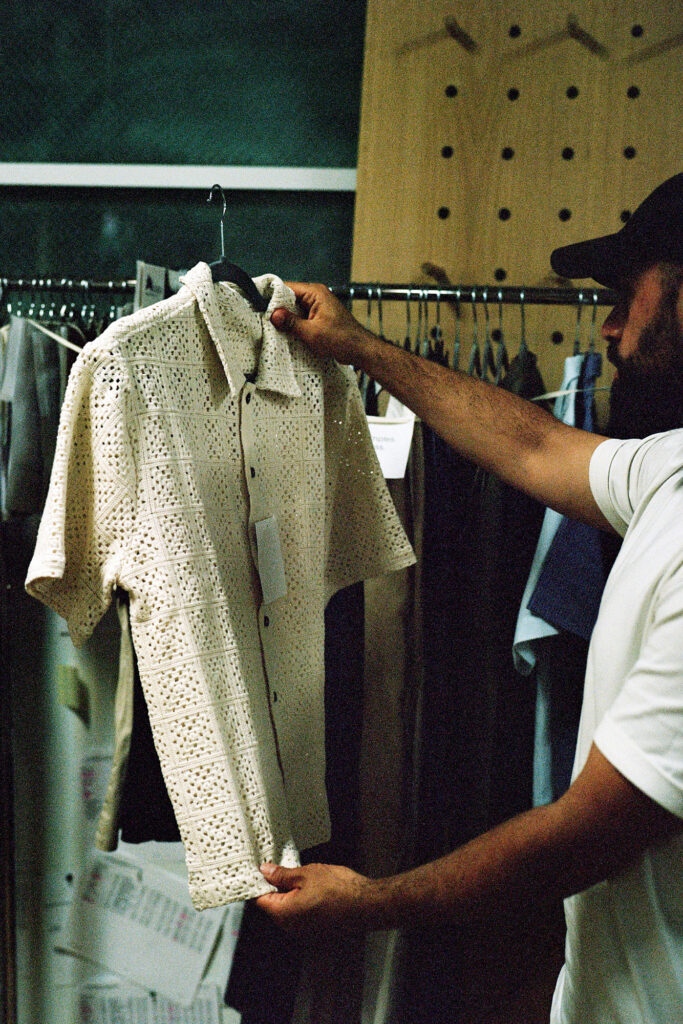
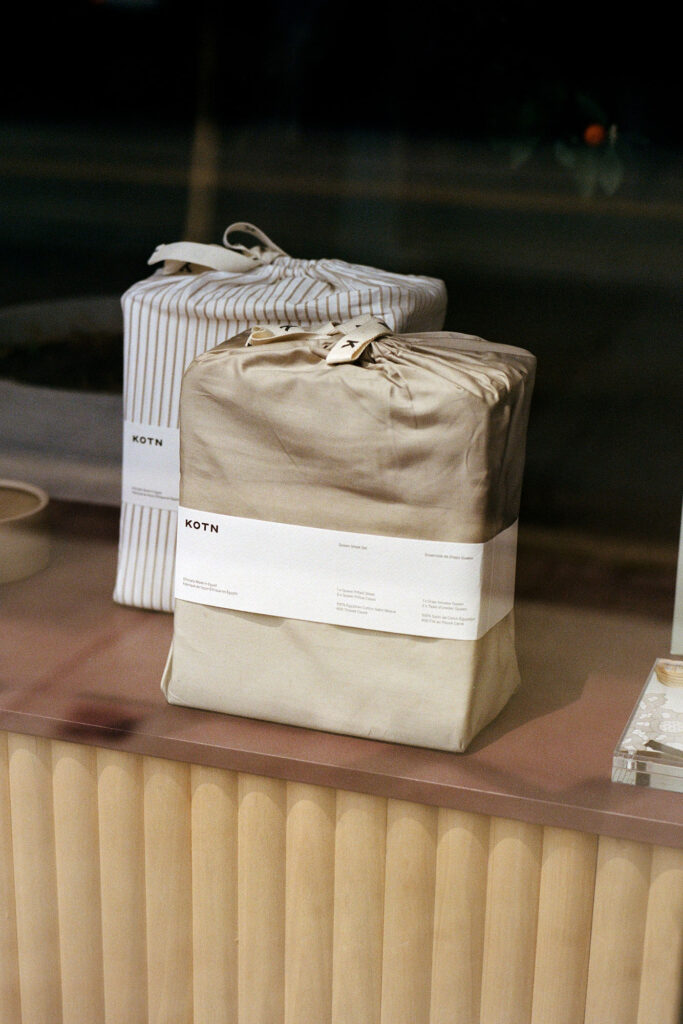
“Today, we work with over 3,000 smallholder farms in the Nile Delta region, and we’ve built 15 schools, with another three under construction right now,” he says. “This is real, tangible impact. These are humans, and often young girls, that have no access to education. We want these communities to be better off 50 years from now because they worked with us.”
Even with its commitment to sustainable practices, many consumers are drawn to KOTN simply because it’s a high-quality fashion brand. And Helali is okay with that.
“I’ll hear a customer say that they didn’t even know we were a sustainable company. And I think we could probably do a better job of putting that more front and centre,” he says. “But even if we didn’t mention it at all, and it impacted our business by zero percent economically, nothing would change on the back end for me. It’s why this business exists; it’s why it will continue to exist; it will not exist without it.”
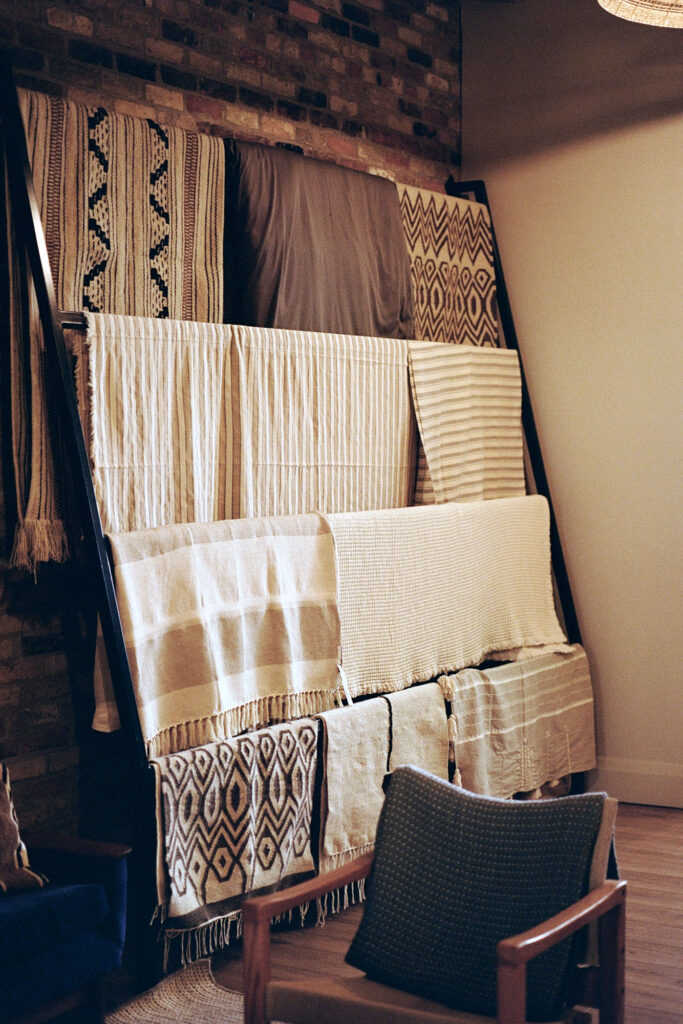
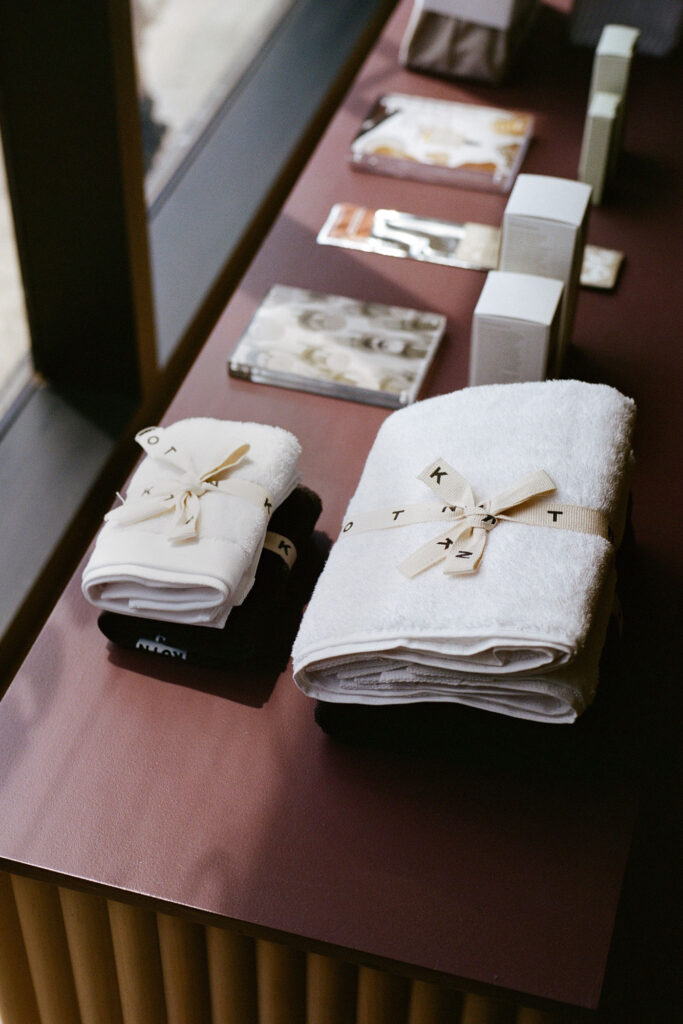
While the company has grown over the last decade and Helali’s priorities have now mostly shifted to future planning for KOTN, his mindset hasn’t changed much. “I don’t want to work on something boring every day. The things that are worth working on are ultimately very difficult,” he says. “These problems can feel daunting, and they often are, but those are the kinds of problems that attract me. I want to spend my life working on them.”
Now, KOTN has expansion plans to help even more communities. On the horizon, the company is working to partner with mohair production in South Africa, silk in Pakistan, and more. But how KOTN will give back to those communities is still a work in progress – it’s not a one-size-fits-all gameplan. “Education doesn’t fit every single community,” says Helali. “We’re excited to see what that will look like once we get integrated.”
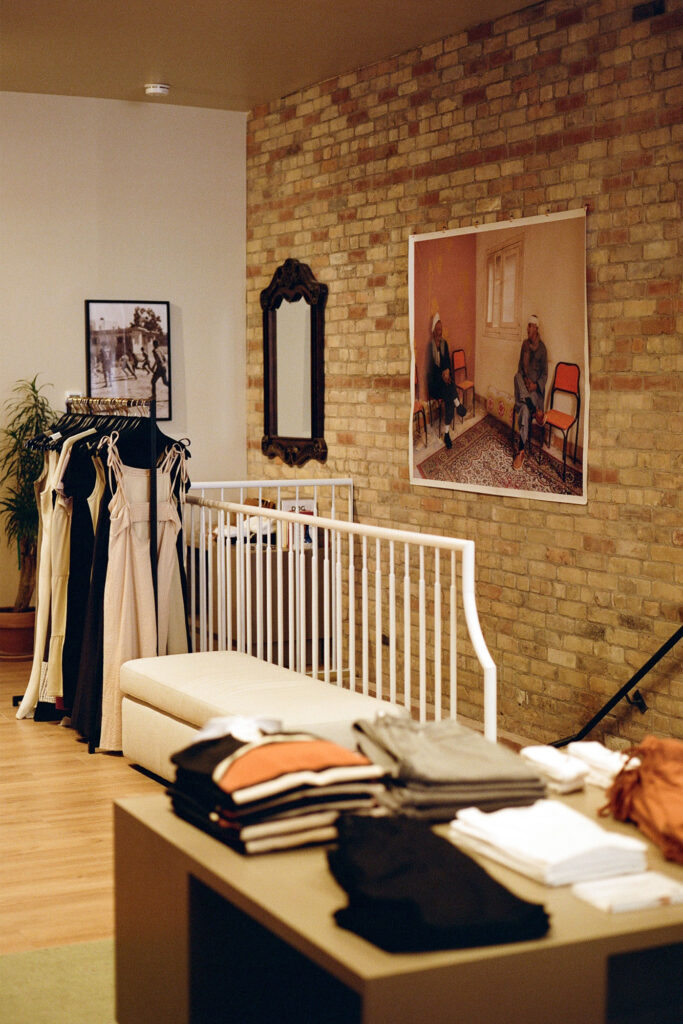
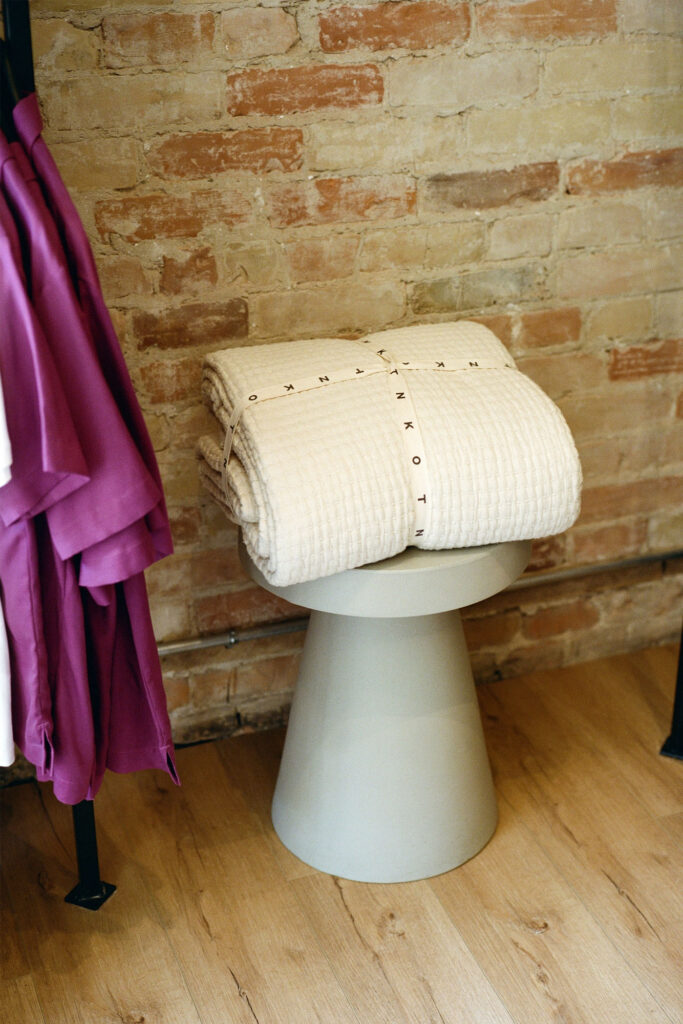
And whether he’s crossing the globe to learn local trades first-hand or simply staying open to new ideas, Helali’s curiosity and eagerness to understand provides KOTN with the foundation it needs to make real change for future generations. “I’ve been fortunate to approach these things with curiosity and a brilliant team. It’s helped us build something different than someone who has that knowledge would have built,” he says.
“All I knew was how I wanted to conduct business in this world and how I wanted to treat people.”
